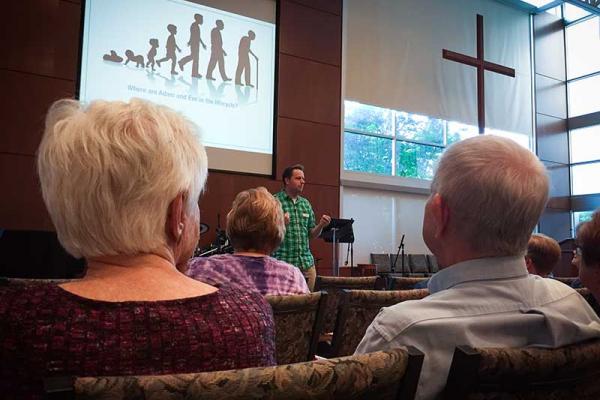Oct 23, 2017
“A lot of times churches are trying to preserve the legacy of who founded the congregations founded long ago,” said Elizabeth Eaton, the presiding bishop of the ELCA. “When you try to hold on to something so tightly, you strangle it. Taking a risk while being faithful to the core message of grace is my advice.”
Read the Full Article

Already a subscriber? Login
